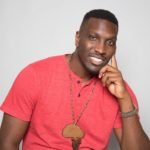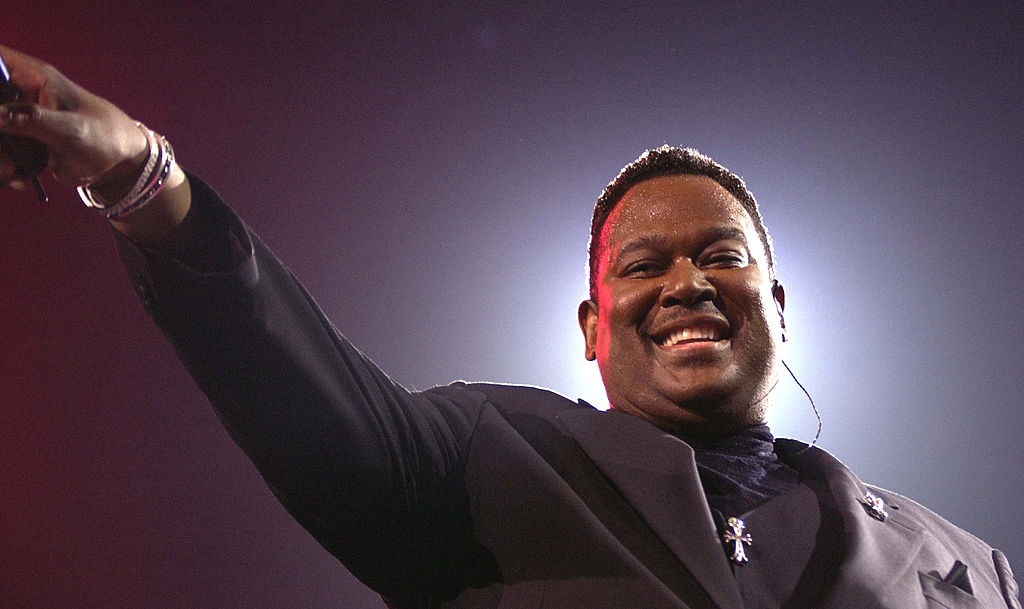[optin-monster-shortcode id="zzqouw7fx1jgrcqv"]
I’m rather passionate about this topic and won’t say "they" when referring to Historically Black Colleges and Universities (HBCUs). I will say “we!” Before I go on, Can I keep it real?
Our institutions and alumni have the tools to contextualize the numbers to a narrative of defeating structural racism. Many of the Black nurses, doctors and pharmacists come from HBCUs. The cultural pride and institutional excellence we take from our schools guide how we treat our patients. HBCUs train burgeoning researchers how to think critically and execute flawlessly in a world that is satisfied with mediocre. Who is asking those “research” questions that characterize the non-adherent Black patient? Who generalizes these massive disparities to genetic predisposition when they don’t even account for anything genetic in their methodology? Out of touch researchers—that’s who!
A quick glance at health and healthcare disparities research headlines suggests that we continue to publish work that highlights disparities between Black and White patients with little evidence that addresses the solutions to structural inequities. At the macro level, HBCUs produce the most Black researchers and medical practitioners, but are disproportionately left out of the federal funding cycles. At the researcher level, as of 2009, Black people were lead investigators on 1.2% of the National Institutes of Health federally funded grants. This fiscal lockout mutes the voices of the people who are likely most closely affected by the health and healthcare disparities. The continued fight to get our research and institutions funded at an equitable rate allows a whitewashed perspective on the lazy Black patient.
People get so caught up in the historical conversations about Black colleges that we forget that Meharry Medical College and Howard University are STILL the number one producers of Black physicians. Did I mention Florida A&M University’s pharmacy program cranking out the largest number of Black pharmacists EVERY year? Winston-Salem State University is North Carolina’s third largest supplier of nurses. I love our history but we have....
...plenty to brag about today!
Our brilliant students also need more research opportunities that require some university models to shift from professors teaching their classes and writing more grants. This is easier said than done. As a matter of fact, I’m going to make some folks mad. If you didn’t go to or currently attend an HBCU, please go to the next article because I’m NOT talking to you. Love you though….
Can I keep it real?
The reality is, HBCUs have not changed the narrative from, “We are important because we’ve always been here!” That argument is no longer solvent. Innovation should not be history’s collateral damage. We have the talent but professors don’t have the time and space to be talented because we can’t banish corrupt megalomaniac leaders who work against the very institutions they claim to serve.

I told my mentor if I ever become a president of an HBCU, I’d hand out www.monster.com flyers out to the professors and student service staff that need to go. I’d have a brutally honest convocation that would explain the next three years will be rough. I would fight for preeminent scholars and increase student services through WORKING online platforms. I’d make sure our libraries were stocked with the best archival works and make the library truly state of the art. I’d set an edict to deans and department heads to get grants or find other employment. We would survive on adjunct teaching for a year or two but we would set vision for cross collaborative research. Oh, and if I were a college president, I’d be a heck of a fundraiser. If the Feds cut a dollar, I’d raise four.
Students need to know they matter. At many HBCUs, the teaching is phenomenal but the student services and research agendas are lacking. Our rich history will not provide much advantage into the global market place. From Timbuktu to Harlem, our resilience has never been muted. From slavery to Jim Crow, our oppression never stopped our pressing. In today’s vulnerable times, we need to...
...retool through our words: our publications, our grants, and our speaking engagements.
Many will say, “White schools do the same thing and have problems, too!” And I will respond the way my mother did, “They ain’t my damn child!” In some cases, we have forgotten the mission of our schools. The way out of shrinking budgets, diminishing enrollment, and fleeting public confidence is writing and research. Upfront infrastructural investments (buildings, students, faculty and staff) absconded to the dubious process of naming buildings and the tri-annual search for a new leader.
I appreciate great teaching but it should not come at the sacrifice of research time for great Black minds. How can professors increase their intellectual real estate teaching four to six classes per semester? Staff support is minimal and doesn’t extend beyond the departmental administrative assistant. The erudite process is stifled. Skillful administrators, not just presidents, can launch plans that involve writing grants and that secure more space and people to ensure the successful journey to research.
Lastly, corruption at one HBCU sadly indicts all HBCUs. We are a brand. If you can’t protect and promote it, you have to go. Protect the brand. Imagine what we have accomplished with the bare minimum! Protect our brand. Sometimes you have to find your heartbreak to feel your heart beat! They’ve tried to break us but it will only make us stronger. We are the answer. Can I keep it real!
 Dr. Kevin Ahmaad Jenkins is a dynamic speaker, author, and scholar who serves as a Vice-Provost’s Postdoctoral Fellow and lecturer at the University of Pennsylvania. After obtaining his bachelor’s (NC Central University) and master’s (Florida A&M University) degrees focused in medical and legal history, Dr. Jenkins earned a Ph.D. in Sociology and Criminology & Law from the University of Florida. This two-time national journalism award winner examines the influence of race, racism, and law within medicine. High-powered corporate clients, such as McDonalds and ProQuest, have invited him as a keynote speaker for state and global events. Dr. Kevin Ahmaad Jenkins is a blue-collar academician who is one of America’s emerging voices.
Dr. Kevin Ahmaad Jenkins is a dynamic speaker, author, and scholar who serves as a Vice-Provost’s Postdoctoral Fellow and lecturer at the University of Pennsylvania. After obtaining his bachelor’s (NC Central University) and master’s (Florida A&M University) degrees focused in medical and legal history, Dr. Jenkins earned a Ph.D. in Sociology and Criminology & Law from the University of Florida. This two-time national journalism award winner examines the influence of race, racism, and law within medicine. High-powered corporate clients, such as McDonalds and ProQuest, have invited him as a keynote speaker for state and global events. Dr. Kevin Ahmaad Jenkins is a blue-collar academician who is one of America’s emerging voices.








